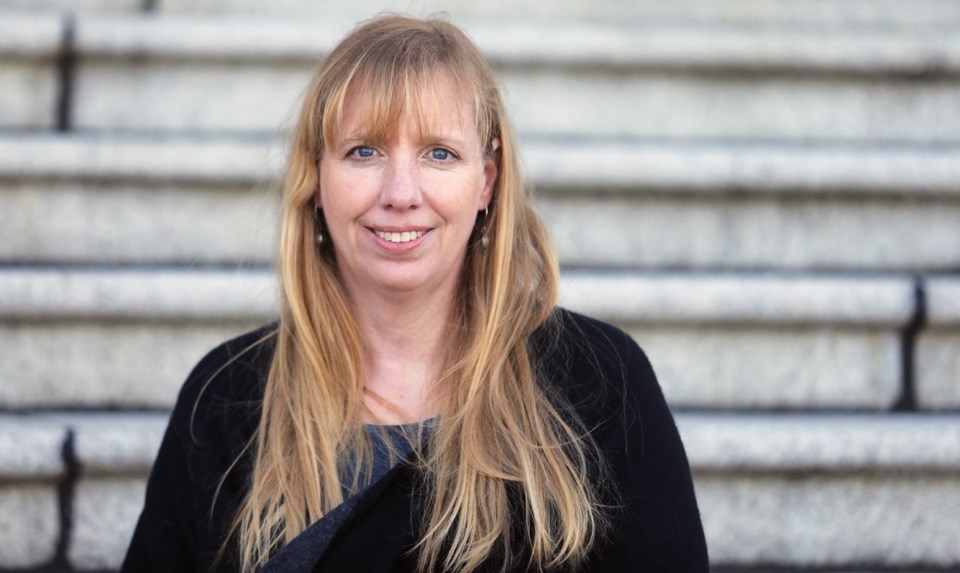For the last 12 years, Selena Martin has cared for a man with developmental disabilities who requires around-the-clock care. During that time, the cost of living has steadily gone up while government funding for home-share providers has remained frozen.
On Thursday, the 50-year-old Saanich woman became emotional as Premier John Horgan announced that the province will give more money to home-share providers, adoptive parents, foster parents and relatives of children in care who look after society’s most vulnerable.
“Some home-share providers have actually lost their homes because they can no longer afford the up-keep,” said Martin, who describes the 49-year-old man she cares for as her brother from another mother. “There are home-share providers who have had to use food banks.”
Home-share providers will receive a 15 per cent boost in their monthly support payments, which vary based on needs. That will be paid for through $45 million over three years through Community Living B.C., which supports people with developmental disabilities.
Martin said average monthly support payments are between $1,200 and $1,400 a month and haven’t increased in a decade.
Horgan had tears in his eyes as he spoke about the integral role foster parents, adoptive parents, care givers and home-share providers play in the community.
“Whether it’s for a short-term or for a lifetime, caregivers like foster parents, adoptive parents, extended family members and home-share providers give children and youth a safe and loving home. You’ve helped thousands of children, youth and adults with disabilities,” Horgan said, his voice cracking. “Those without voice, we rarely hear from. And those who provide care to those without voice, we hear even less from because they’re too busy trying to make ends meet.”
Foster parents will receive an additional $179 each month and eligible adoptive parents will receive between $105 and $120 more per month to cover expenses, including food, shelter and clothing.
Family members caring for children who might have otherwise gone into the foster system will see their monthly payments increase by 75 per cent, bringing them in line with what foster families receive. Relatives who previously received between $554 a month for children 11 and under and $625 for children 12 and over will now receive monthly payments of $982 and $1,089, respectively.
Grand Chief Ed John said in a statement that this funding increase could reduce the number of Indigenous children who are taken out of their community and placed in foster care.
“This is especially important for Indigenous children in care as it will result in greater opportunities for placements with extended family within their communities, thereby maintaining access to their culture and language,” John said.
Those rate hikes will be paid for through $64 million over three years allocated to the Ministry of Children and Family Development. The increase in caregiver rates was announced in the 2019 budget.
Bev Bradley, who has housed up to three people with developmental disabilities at a time in her Victoria home over the last 16 years, said while the rate increase is desperately needed, what means more is Horgan’s acknowledgment of care providers’ hard work.
“We do need the money but being acknowledged by the premier about the work we do, that feels really good and we needed that,” Bradley said.
Martin, who is a member of the B.C. Home Share Providers Association, jokes with other caregivers that they do too good a job because the public often knows little about their roles. “I always say we do too good of a job because when you see the people we support in the public, they look happy. People don’t see the background of it all.”
Martin said the additional funding could allow home-share providers to take a break through respite services.
“When we have less stress, it improves the lives of the people we support.”



